(Last Updated 12/1/21)
COVID has had an impact on all Middle Tennessee businesses. Now businesses must navigate a new impact — new regulations enacted by the State Legislature. In a specially called session, the Tennessee General Assembly set forth new parameters to deal with COVID issues. The Nashville Area Chamber was at the special session fighting for the businesses’ right to regular within their walls. The Chamber, with the support of other Chambers, business associations, and the input of individual businesses, was successful in getting some changes to the legislation that will guide the state until 2023. A high-level review of these new laws and regulations can be found below.
IMPORTANT TO NOTE: There are currently no active executive orders mandating mask use or vaccination as a condition of receiving federal funds. The Executive orders that were issued requiring these provisions have been blocked by the federal court system.
Key provisions include:
- Proof of Vaccination Ban – Private businesses, governmental entities, public schools, or districts “shall not compel or otherwise take an adverse action against a person to compel the person to provide proof of vaccination if the person objects to receiving a COVID-19 vaccine for any reason.”
- This means a private business can require vaccinations and ask for proof of vaccination but cannot compel an employee or customer to provide proof.
- A private business cannot take any adverse action against an employee who refuses to get a vaccination.
- There is an exception for entertainment venues. They can ask for proof of a negative test and can take a volunteered COVID-19 vaccination card instead of proof of a negative test.
- Mask Mandate Ban
- A governmental entity shall not require a person to wear a mask as a condition to access its premises or facilities or to receive the benefits of its products or services.
- An employer that is a governmental entity shall not require an employee to wear a mask as a term or condition of employment or take adverse action against an employee for failing to wear a mask unless “severe conditions” exist when the requirement is adopted. The requirement during severe conditions would be in effect for not more than 14 days.
- A “severe condition” is when the governor has declared a state of emergency and a county has an average rolling 14-day COVID-19 infection rate of at least 1,000 new known infections per 100,000 county residents.
- Private businesses can still implement a mask mandate.
- Exemptions from Bans on Vaccine and Mask Mandates (Note that, as of December 1, 2021, this program has been suspended due to the Federal Court’s block on all Executive Orders mandating vaccines or masks as a requirement of receiving federal funds)
- The Comptroller can issue a one-year exemptions for employers, governmental entities, or private employers that can prove they will lose federal funding because of vaccine- or mask-mandate bans.
- The Comptroller will create guidelines for companies to follow and the process for companies to apply for an exemption.
- The exemption can be renewed at the end of the year in the same manner for which it was applied.
- Unemployment
- A claimant who left employment because their employer required employees to receive a COVID-19 vaccine, and the claimant failed or refused to receive a vaccine is not disqualified from receiving unemployment benefits.
- Unemployment benefits will not be reduced or denied to an otherwise eligible claimant who left employment due to the claimant’s failing or refusing to receive a COVID-19 vaccine.
- These claims can be retroactive.
- All other Unemployment laws and rules still apply to this cause of action for an unemployment claim
- Private Right of Action
- A person injured due to a mask mandate or proof of vaccination mandate is entitled to maintain a private right of action for injunctive relief and recover damages and reasonable attorneys’ fees against the issuer if the issuer is not exempt.
- The previously passed COVID-19 liability shield does not protect private businesses, governmental entities, public schools, or districts. They can now be liable for damages if an employee or customer can show that the damage came from a COVID -19 incident and have a certified letter of good faith from a health care provider or physician that demonstrates by clear and convincing evidence of an act of gross negligence or willful misconduct by the business lead to the incident.
- COVID-19 and Sunset
- This bill only applies to COVID 19.
- This law will sunset (no longer be effective) on July 1, 2023.
We continue to evaluate how these new laws interact with federal rules and executive orders issued from the White House. This will ultimately be something decided by the courts. Until then, businesses are encouraged to seek legal counsel on how the outcomes of the special session apply to their business. The Chamber will present more details on the State COVID Omnibus legislation at a webinar on December 9, 2021. Register here for the webinar.


